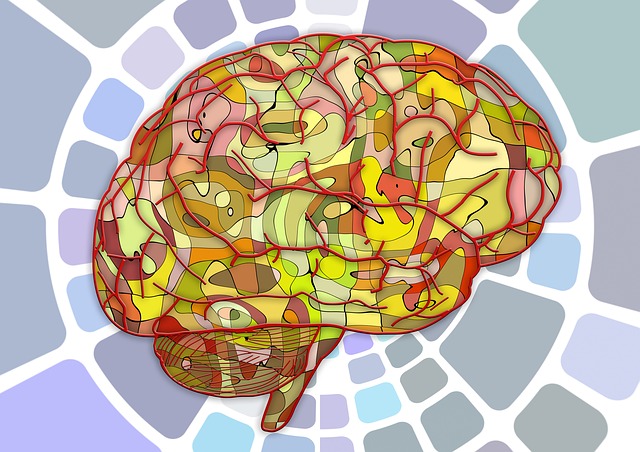
Drug addiction rewires the brain
If you have never been addicted to something, then chances are you will never really be able to sympathize with the struggle that addicts face. But for the almost 2 million heroin and cocaine addicts, nearly 15 million alcoholics, countless millions of cigarette smokers and tens of millions of serial coffee drinkers in the United States today, addiction is a very real issue. Thanks for joining us again, as we unpack the complex subject of drug addiction and look at why many experts believe that criminalizing it may never solve the issues surrounding substance abuse. The first step, however, towards solving the problem they say, is understanding.
Steven Hyman, a former director of the National Institute of Mental Health, asks a very poignant question. “Why does the brain prefer opium to broccoli?” Harvard Medical School provides an answer. In an article entitled ‘The addicted brain’, they explain that the answer to that question lies in the nucleus accumbens, which is a cluster of nerve cells located beneath the cerebral hemispheres in the human brain. “When a human being or other animal performs an action that satisfies a need or fulfills a desire, the neurotransmitter dopamine is released into the nucleus accumbens and produces pleasure.”
This mesolimbic pathway, sometimes called “the reward pathway”, is how the brain receives its reward for doing something “good.” Eat a tasty meal and your brain receives a “reward” of dopamine, which accounts for the pleasure and satisfaction that you experience when you enjoy good food. The same applies to enjoying a night on the town in Detroit, watching a funny movie with friends in Lansing, or sampling chocolates in Grand Haven. Dopamine is a neurotransmitter which is released when you do something that your brain perceives to be “good.”
When your brain receives a ‘reward’ it records the experience and refers to it in the future. For example, if you did something that you enjoyed or that made you feel good, your brain would make a record of what it was that caused the dopamine release. In future, it would seek out opportunities to do that same thing again.
As Harvard Health explains, “In nature, rewards usually come only with effort and after a delay. Addictive drugs provide a shortcut. Each in its own way sets in motion a biological process that results in flooding the nucleus accumbens with dopamine.” Which means that drug use results in an immediate release of dopamine in large quantities, which the brain will automatically record, and then seek out in future in order to repeat the experience.
However, according to Harvard Health, the human brain isn’t equipped to handle the onslaught of so many dopamine receptors, and so the overwhelmed receptor cells begin to shut down. “The natural capacity to produce dopamine in the reward system is reduced, while the need persists and the drug seems to be the only way to fulfill it.”
“Damage to the nucleus accumbens and drugs that block dopamine release in the region make everything less rewarding…The brain is losing its access to other, less immediate and powerful sources of reward. Addicts may require constantly higher doses and a quicker passage into the brain. It’s as though the normal machinery of motivation is no longer functioning; they want the drug even when it no longer gives pleasure.”
According to many experts working with addiction, this means that people who struggle with substance abuse are caught between a rock and a hard place. Their brains are furiously trying to find a way to get that next rush of dopamine in order to feel good again, while simultaneously not being able to process the dopamine as it’s released. It becomes a vicious circle, and the addict gets trapped with no way out.
The human brain is incredibly complex. It is capable of amazing creativity, huge leaps of imagination, and astounding feats of ingenuity. Like the rest of our bodies, it is vulnerable to outside forces, as well as being affected by our own choices. And like the rest of our bodies, it can heal, grow, and overcome immense obstacles, if only we give it a chance.
Join us next time, as we look at how our brain is reshaped, both by addiction, and during the healing process. We will be talking about what works in helping people overcome their addictions, and why the current solutions like extensive involvement with law enforcement, and long prison sentences aren’t effective.
Until then, if you or a loved one are accused of a crime in Michigan, whether it’s Assault, Murder, Sex Crimes or Embezzlement, we are here to help. Call us immediately at 866-766-5245. The skilled defense attorneys at The Kronzek Firm have decades of experience providing some of the best defenses available. We are here to help you 24/7.







